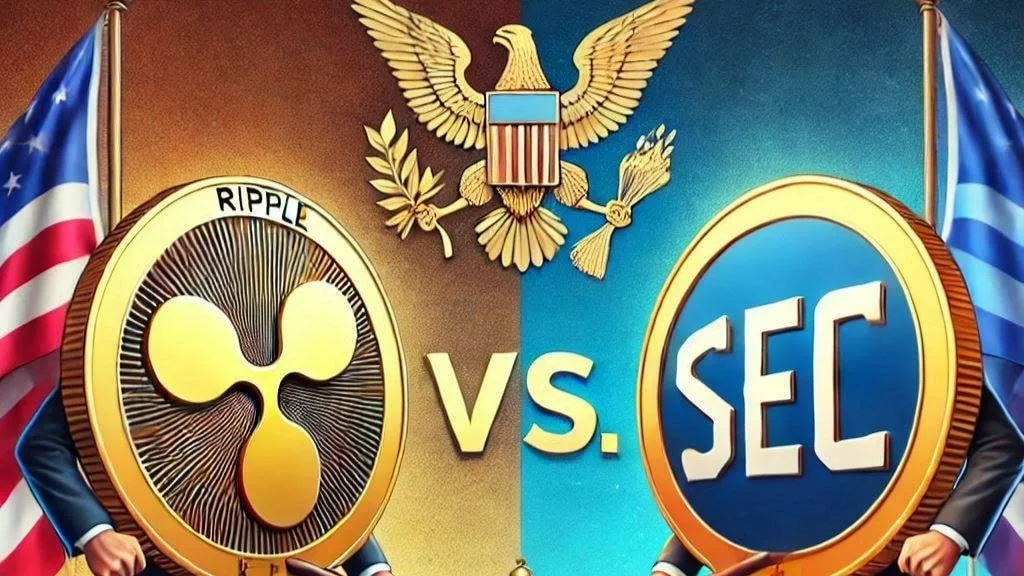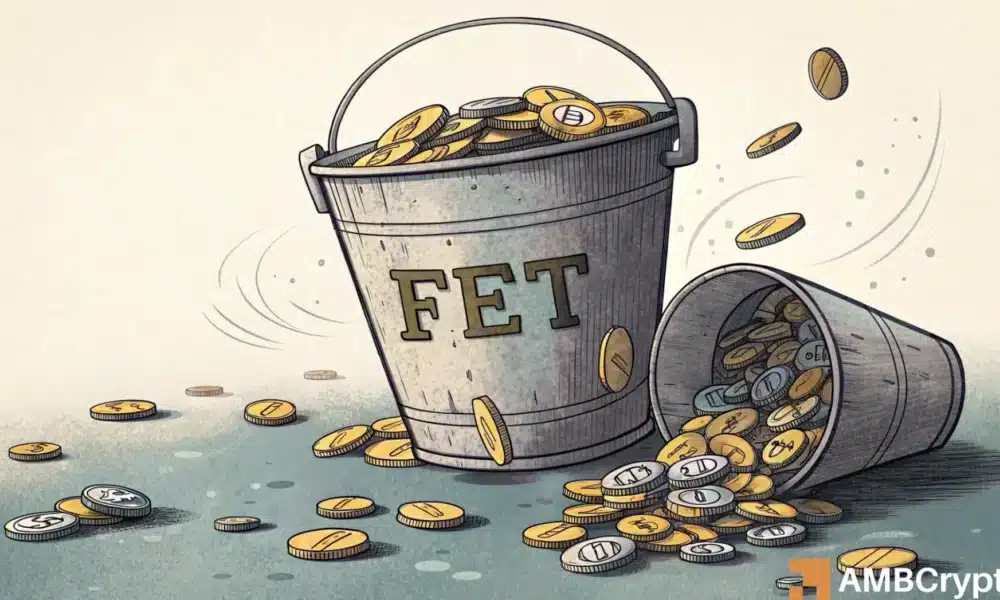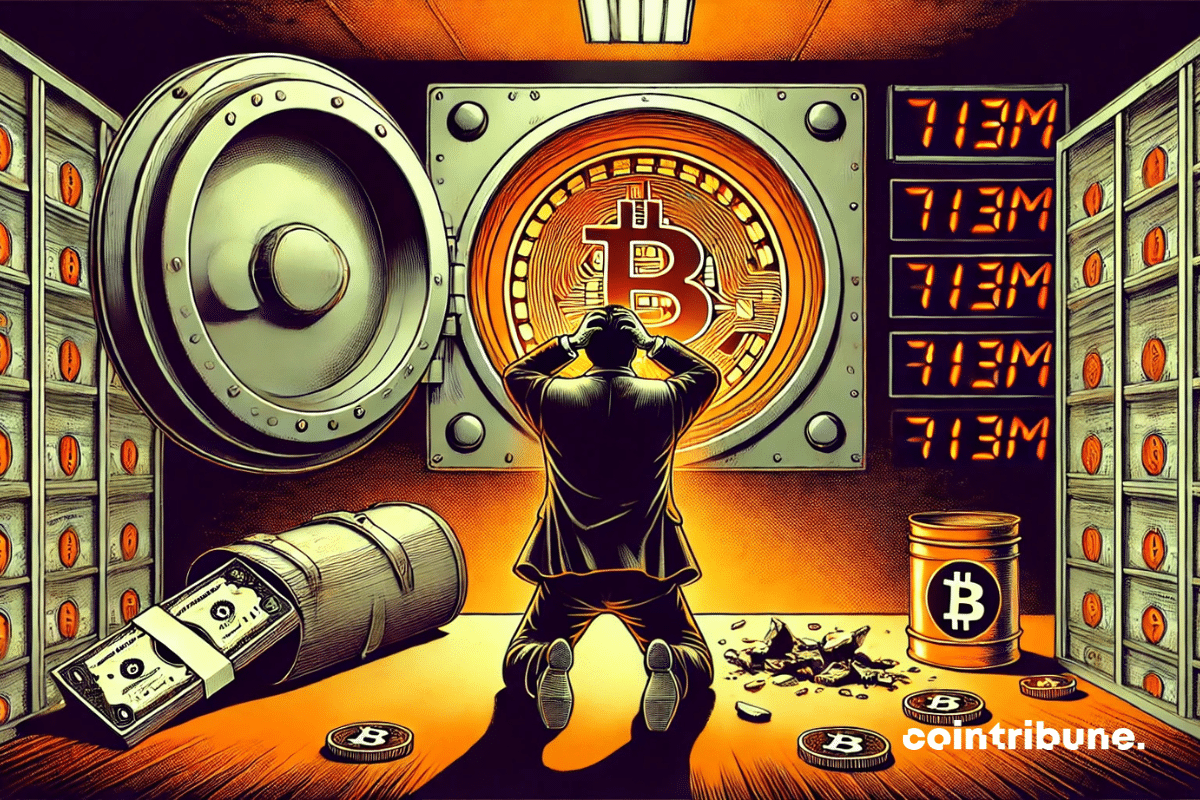The Ripple vs. SEC Legal Battle: A Deep Dive
Introduction
The ongoing legal battle between Ripple and the U.S. Securities and Exchange Commission (SEC) has sent shockwaves through the cryptocurrency market. Attorney and XRP supporter John Deaton recently shed light on the severe impact of the lawsuit on Ripple’s operations. This conflict has not only pitted Ripple against the SEC but has also revealed the intricate web of relationships between industry players, competitors, and regulatory bodies.
Implications for Ripple
The SEC’s lawsuit against Ripple has had a profound effect on the company’s business. The uncertainty surrounding XRP’s classification as a security has led to a decline in its value and trading volume. Ripple’s ability to access the U.S. market has also been severely restricted, resulting in significant financial losses. This legal battle has forced Ripple to reevaluate its strategies and priorities, highlighting the need for increased transparency and compliance in the cryptocurrency industry.
Industry Dynamics
John Deaton’s analysis of the Ripple-SEC conflict has brought to light the complex dynamics at play within the cryptocurrency ecosystem. Industry leaders, including other blockchain projects and digital asset exchanges, have closely followed the legal proceedings, anticipating the potential implications for their own businesses. Competitors of Ripple have seized the opportunity to capitalize on the uncertainty surrounding XRP, presenting a challenge for Ripple to regain market confidence and regulatory clarity.
Regulatory Landscape
The Ripple vs. SEC legal battle has underscored the regulatory challenges facing the cryptocurrency market. The SEC’s enforcement actions against Ripple have raised questions about the appropriate criteria for determining whether a digital asset qualifies as a security. The outcome of this case could set a precedent for future regulatory decisions and shape the regulatory landscape for cryptocurrencies in the U.S. and beyond.
Conclusion
In conclusion, the ongoing legal battle between Ripple and the SEC has far-reaching implications for Ripple, the cryptocurrency market, and the regulatory environment. As industry players navigate the complexities of this high-stakes conflict, the need for clarity, transparency, and compliance has never been more apparent. The outcome of this legal battle will not only impact Ripple’s future but also shape the way regulatory bodies approach digital assets in the years to come.
How Will This Affect Me?
The outcome of the Ripple vs. SEC legal battle could have direct implications for investors holding XRP. If XRP is classified as a security, it may face restrictions on trading and investment activities, potentially leading to a decrease in its value. This regulatory uncertainty could also impact the broader cryptocurrency market, causing fluctuations in prices and trading volumes across different digital assets.
How Will This Affect the World?
The Ripple-SEC conflict has the potential to set a precedent for how regulatory bodies around the world approach the classification of digital assets. A favorable outcome for Ripple could signal a more lenient regulatory environment for cryptocurrencies, encouraging innovation and investment in the industry. On the other hand, a negative ruling could lead to increased regulatory scrutiny and compliance requirements for cryptocurrency projects, impacting the global adoption and development of blockchain technology.





